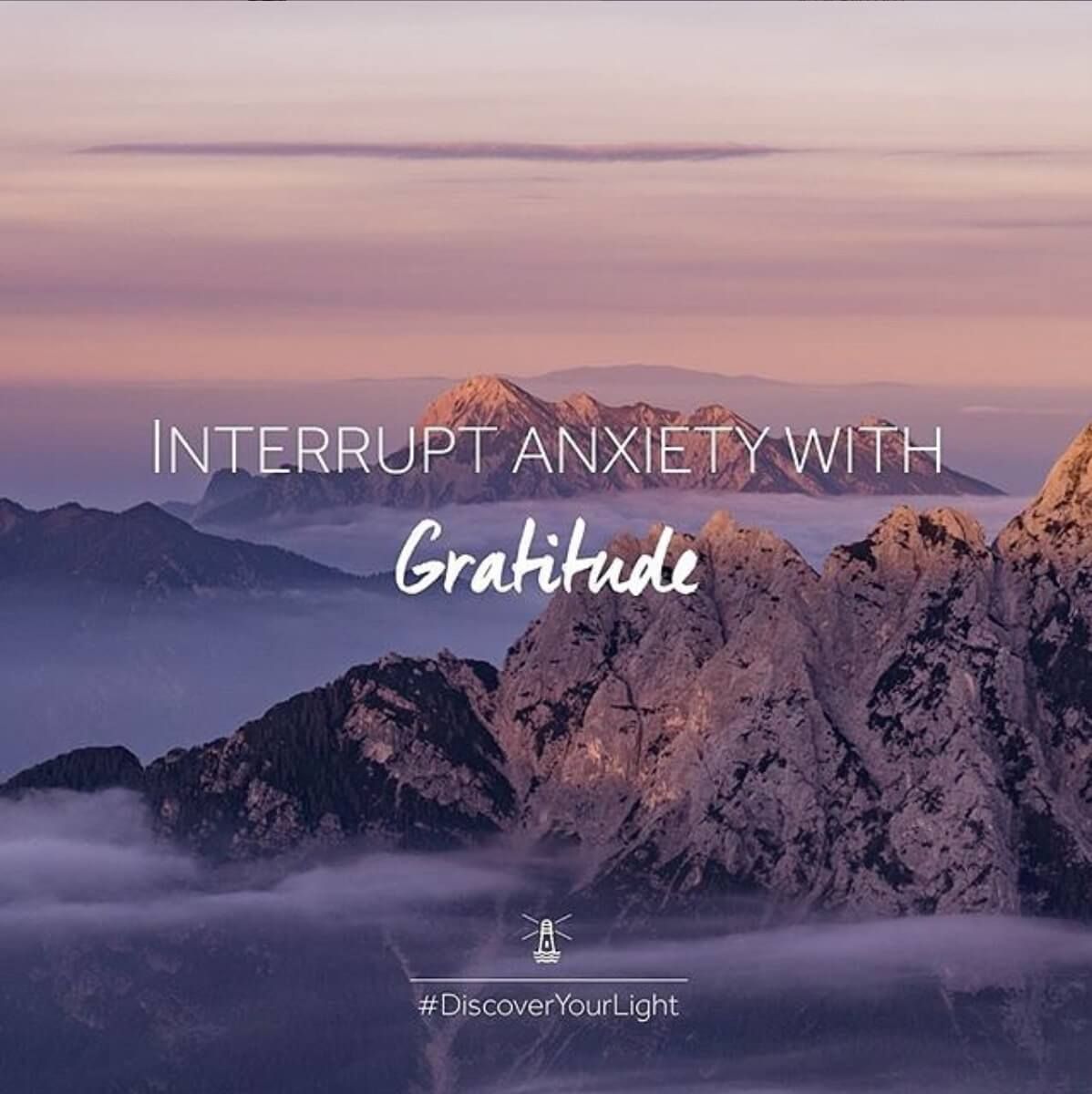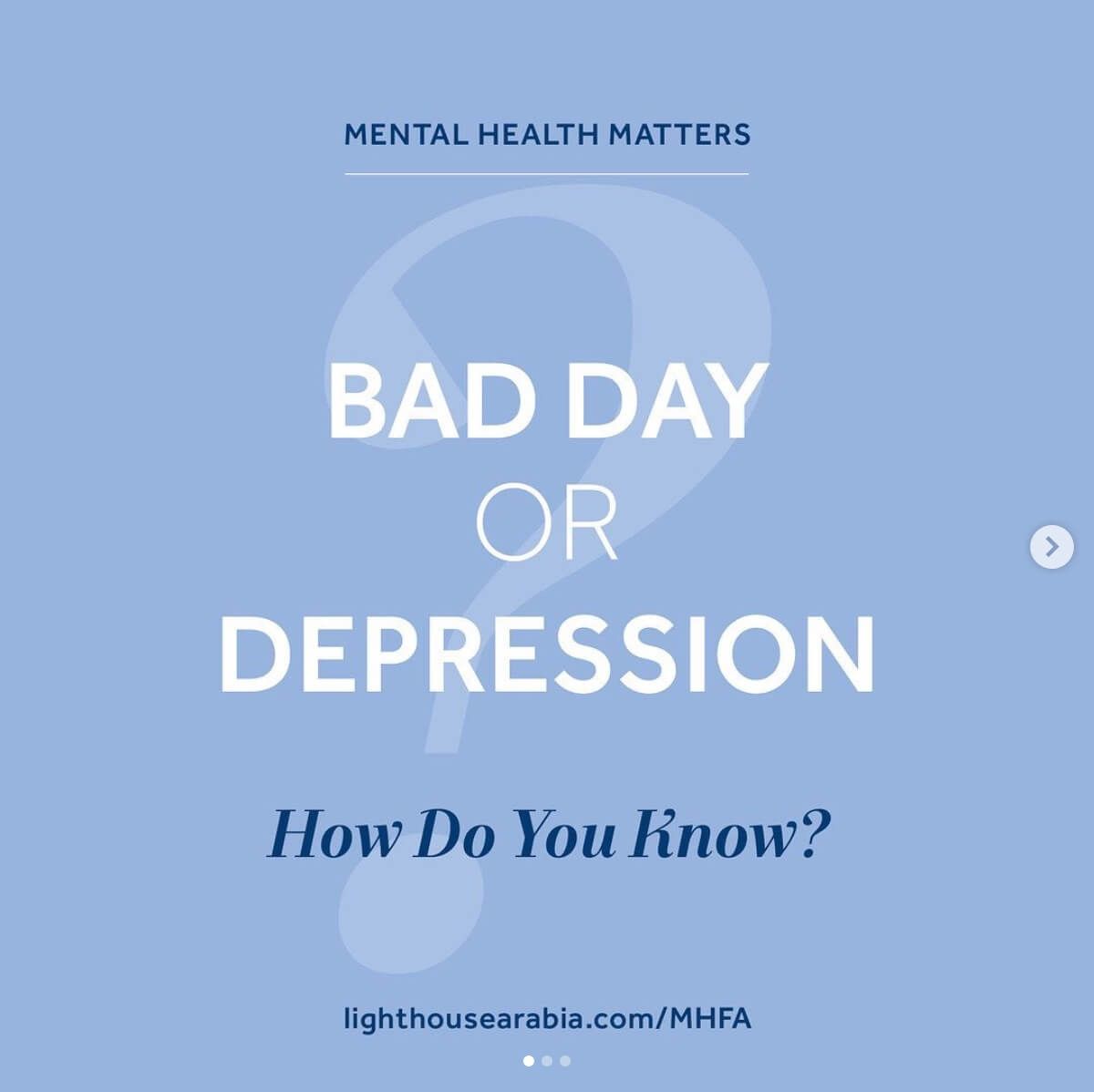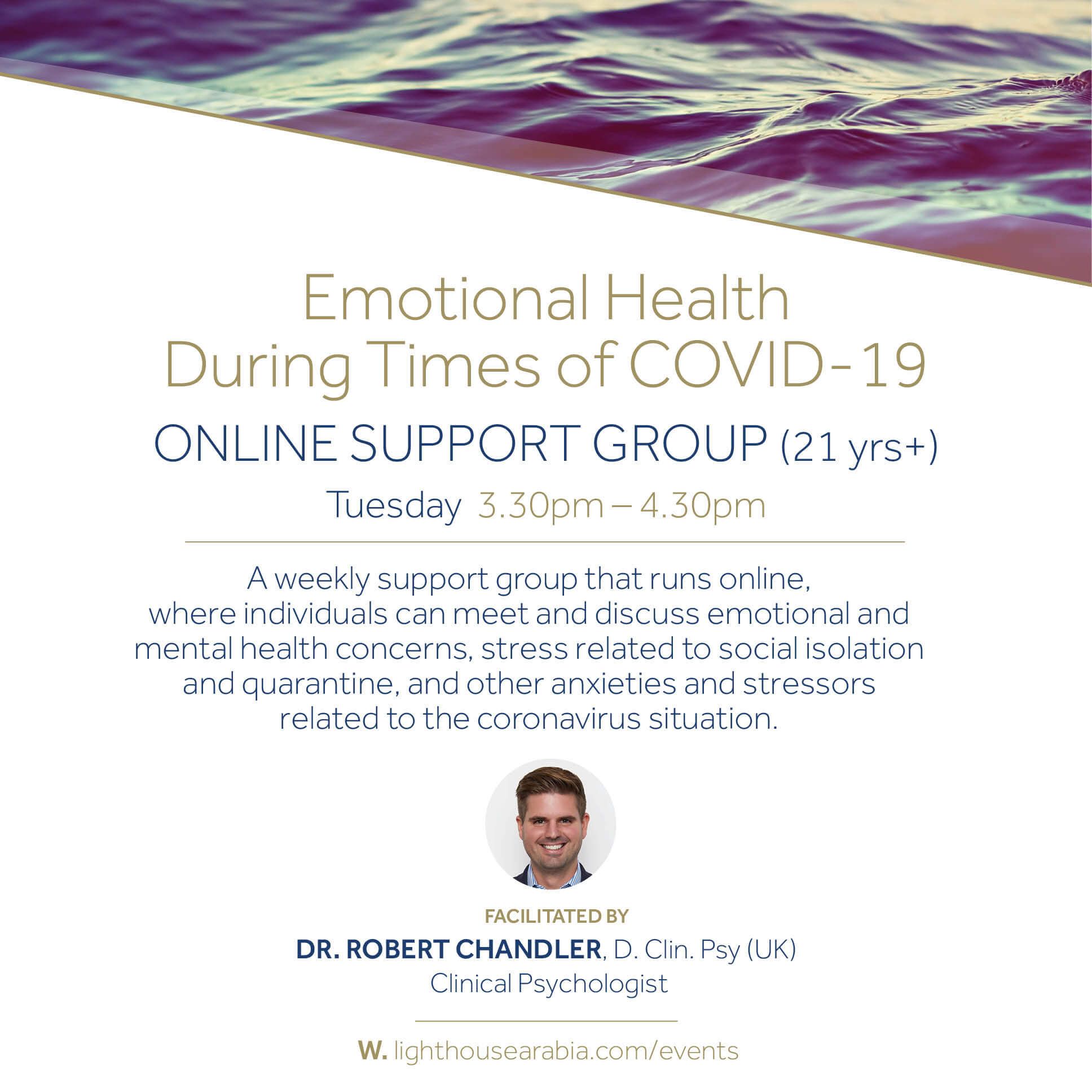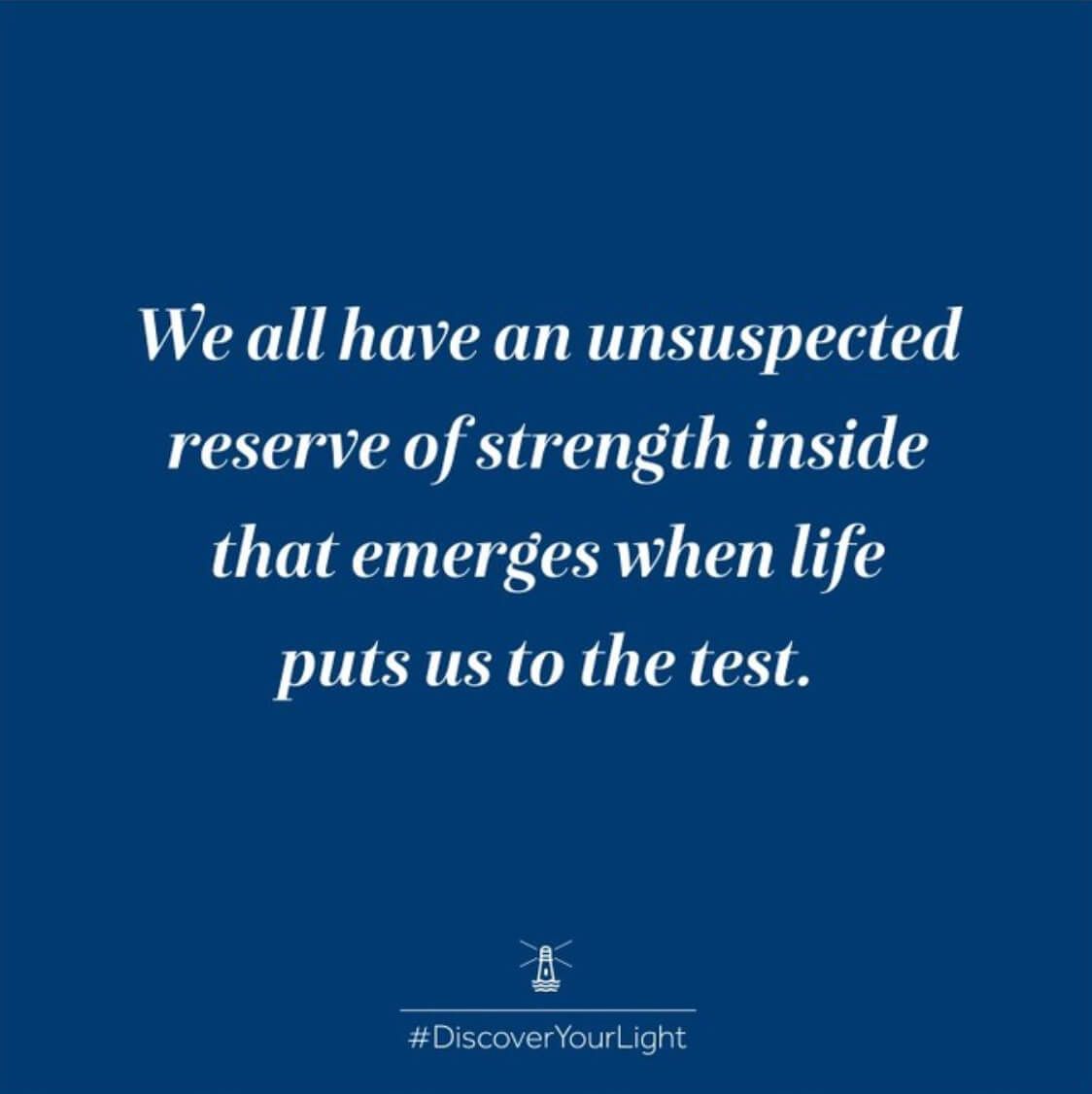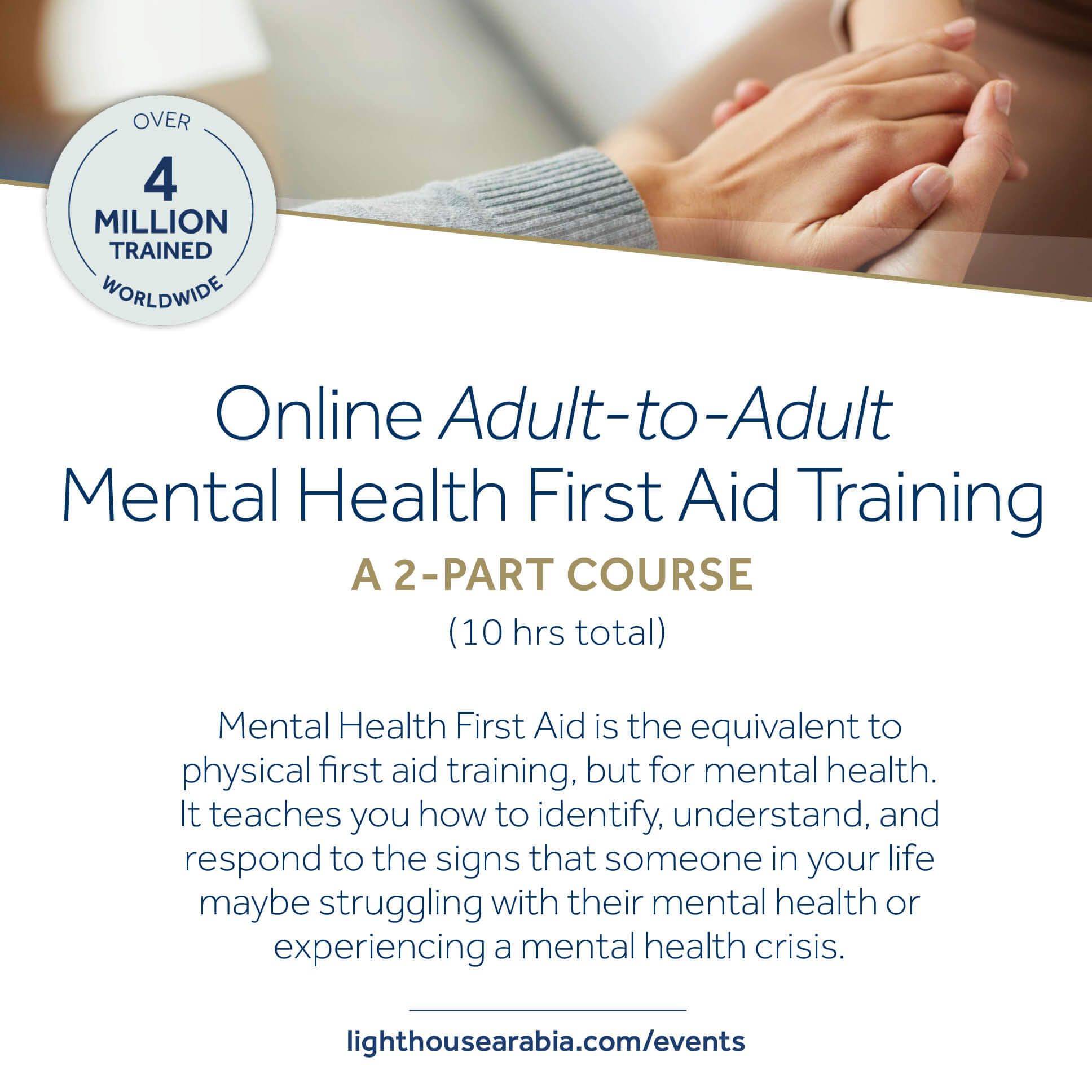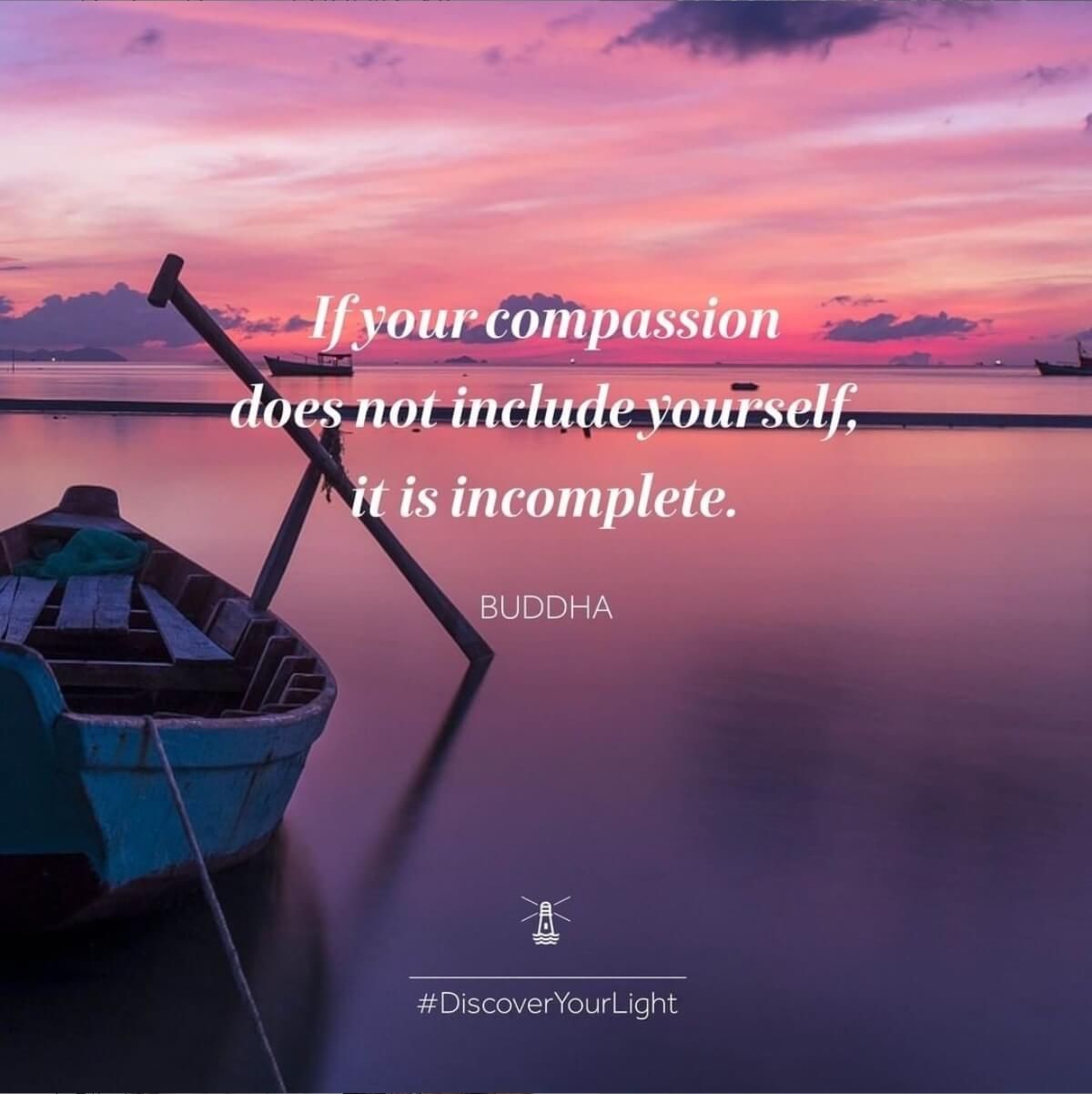
It turns out that working excessively long hours without breaks and comparing notes on who’s had the least sleep in the office is no longer the ‘cool’ thing to do.
Research is increasingly showing that our brains need downtime to rejuvenate and thrive. Mental resources are depleted throughout the day and we have to make a concerted effort to replenish them. This requires a considerable mind shift away from common belief that downtime diminishes productivity.
We often think that if we take a break we will be wasting precious time that could have been used to attend to the ever-mounting list of tasks. However, with advancements in medical knowledge and technology, evidence is building that downtime is not only beneficial but necessary for maximising our human potential. We now know that previous ideas that our brains shut down when we sleep or relax are not accurate. Our brains are in fact performing important functions when we introduce doses of downtime into our day and during sleep.
Research using medical technology suggests that a network in our brains called the Default Mode Network (DMN) kicks in when we have some downtime. This network can be activated by daydreaming, long quiet walks and any other downtime activity. It can be switched on and off for short bursts of time but can also be accessed for longer periods of time. The DMN is a fairly new discovery and hence requires further research. However, neuroimaging shows that there are specific brain structures that are activated during downtime and that are therefore involved in facilitating the benefits associated with downtime.
When we have downtime, we offer our brains an opportunity to engage in activities that are suppressed when we are too focused on tasks and the outside world. When we disengage with the outside world, we re-engage with ourselves. We create the space for emotional and social experiences to be processed, we lay the foundations for developing ethics and we make sense of what has transpired in our day. Downtime facilitates the affirmation of our identities and allows us to access bursts of inspiration thereby spurring our creativity and problem-solving abilities. Lessons learned can be consolidated. Downtime also increases productivity when we return to tasks and improves concentration and memory.
Downtime has positive effects on physical health as allowing time to de-stress lowers physical health risks. Social health can also be impacted when we make conscious decisions to be more present with important others in our lives by using some of our downtime to invest in significant relationships thereby strengthening these bonds and fostering social support.
Given all the benefits of downtime, how do we facilitate this activity regardless of our busy, always-on, do-it-all mentalities?
-
Sleep is the most important source of downtime. Human beings need a minimum of 7 hours of sleep a night and some of us need more. Less than 7 hours can be considered sleep deprivation. Accumulating a sleep debt is not advisable, however if this happens, catching up on sleep over weekends and vacations is strongly advised. Short naps during the day where possible can work wonders. Research proposes that 10 minutes seems to be the ideal number as 5 minutes is too short and 20 to 30-minute naps result in grogginess after.
-
Regular breaks throughout the day can be a challenge. Small breaks can be anything from a quick coffee in a quiet space without devices to short meditation sessions or a short walk. It can even be a few stretches at the desk after every 90 minutes or so coupled with some deep breathing exercises. Regular breaks can be a difficult habit to cultivate and require consistency and repetition. This is where we can use devices to our advantage and set regular reminders for us to take a break.
-
Time in nature away from the hustle and bustle of city life revitalises the brain and helps with memory recall and improving concentration. Taking time on the weekend to wander on the beach or in a park or any other natural area without devices is definitely recommended.
-
Vacations can be helpful. The effects of long vacations seem to wear off around 2 weeks after returning. However, shorter breaks of 3 to 5 days or even 1 day off a week from time to time can really do the trick. Planning ahead of time to maximise on regular short breaks and ensuring that vacation days are used up is a good way of using vacation type downtime.
My suggestion: choose one thing today and try to do that consistently for a while until you experience the benefits. This can be something as simple as going to bed a half hour earlier tonight or setting your phone alarm to go off every 90 minutes during the day so that you can remember to take a few deep cleansing breaths! Whatever it is... use downtime to your advantage and enjoy the benefits that will ensure!
For additional tips and inspiration, you can find us on Instagram @lighthousearabia.com. If you are struggling with your mental health and wellbeing, please consider one of our free-of-cost Support Groups (view our Event calendar) or contact us for an appointment with one of our therapists on T. +971 (0)4 380 2088.


